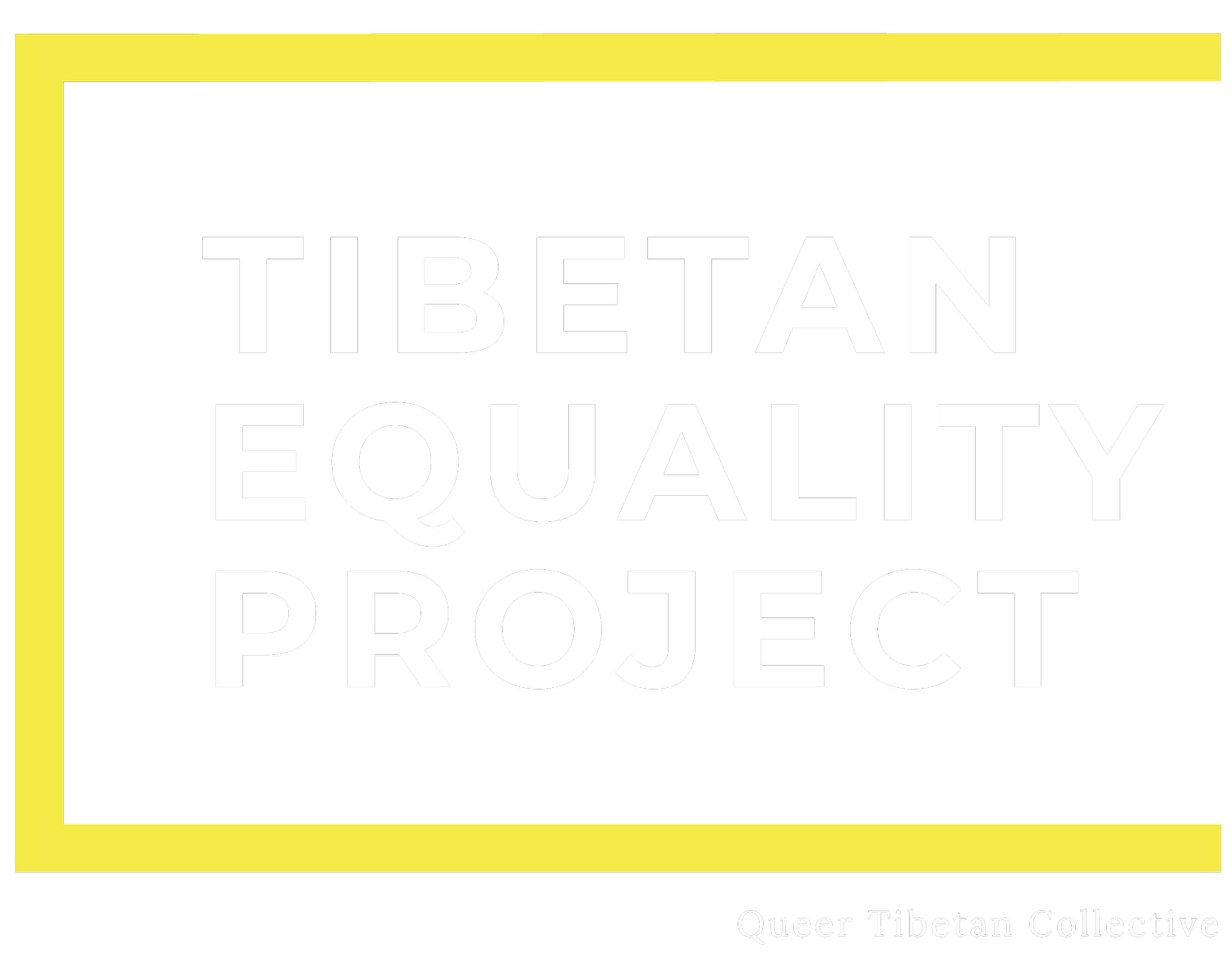Gender Inclusive Tibetan Terms for Family and Friends
We present these Tibetan terms for family and friends, along with gender-neutral ones, as a potential resource for the community. Using gender-neutral (also called gender-inclusive) terms and pronouns when referring to someone you don’t know well removes gendered assumptions from words. It is also a way of recognizing and respecting the diversity of relationships, gender identities, and expressions beyond restrictive societal assumptions.
It is important that straight allies and queer cisgender Tibetans fully embrace inclusive language and practices in everyday interactions and actively work to reduce gender stereotyping and bias. That will go a long way in ensuring a safe and supportive environment within our communities for people of all (a)gender and (a)sexuality. Every person should have the time and space to define their own identity and live authentically without fear of discrimination and persecution.
Respect trans, genderfluid, gender nonconforming, and nonbinary Tibetans who use gender-neutral or a combination of different pronouns and terms. With love and deep appreciation, be attentive to trans and nonbinary Tibetans sharing their stories on their own terms while respecting their privacy. Take care not to misgender or ask deeply personal questions and keep yourself informed about being better allies from reliable sources online.
And finally, this isn’t a comprehensive list by any means. We hope to keep adding to this list to include all applicable terms from the different dialects spoken in Tibet and in the diaspora. We’ll keep the link to the pdf version of this list (link access) updated with any changes or additions. Please reach out at tibetanequalityproject@gmail.com if you have any edit suggestions or concerns regarding this list.
For the following terms, there were no easily accessible gender-neutral alternatives but we added ones that seemed most fitting. And terms such as family and relative seem to be a good fit too.
Updates:
Concern was raised by someone in the comment section of this list posted on our Instagram page about the term included here for wife kyemen being derived from kyewa (birth) and maenpa (lower, inferior) to mean wife or woman as a lower being. Appreciate that kyemo (mo - she) was provided as a new term, an alternative to kyemen to lose that problematic origin. The terms chüngma and szamo were also suggested though the word origin needs further research.
We added the Sikkimese word dherok from dhe (live) and rok (from rokpa) for partner after a community member kindly made the suggestion.





